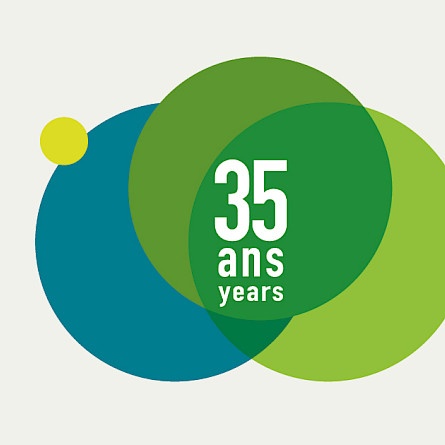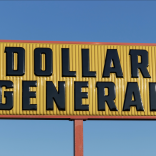So here are two lessons I have learned during all these years of running our company.
1- Acquisitions are not risk-free!
The first lesson is that the field of portfolio management doesn’t lend itself to acquisitions. We had in fact taken a minority stake in the early 2000s in a small company specializing in portfolio management. After a few years, we concluded that the marriage was not working and agreed to an amicable divorce.
From this episode, I concluded that acquisitions are not easy to achieve in areas where knowledge and expertise represent the main asset of a company. We must ensure that the two companies have a similar culture and that their methods are similar. However, the company in which we had invested had an investment philosophy very different from ours, so that the synergies in terms of investment ideas were almost zero. Worse: our philosophies were conflicting!
We learned from this failure. In fact, COTE 100 has not made an acquisition since. If we were to carry one out (we are not against the idea), we will pay close attention to the culture of the two companies and their investment philosophy. Natural (or organic) growth is undoubtedly much more attractive and less risky than growth through acquisition. In fact, public companies that achieve organic growth are generally worth much more than those that grow solely through acquisition.
This lesson has also served me in investing. No acquisition by a company on the stock market is a guarantee of success and value creation. I prefer to give the benefit of the doubt to companies whose managers have an excellent track record in terms of acquisitions (Couche-Tard, CGI, for example) and to acquisitions that fit well with the acquirer’s existing activities (watch out for those which are outside their field of knowledge!)
2- Build on strong relationships with investors.
When we look at the history of COTE 100, we see that there have really been two chapters to our history. The first chapter dates from its founding in 1988, to 2003. At that time, we had an “institutional” business model: in addition to our own funds (the COTE 100 Funds), we included a handful of Quebec pension funds. We experienced strong growth until the end of the 1990s. However, we lost a significant portion of our clients and our assets under management between 1998 and 2001, the year which coincided with the tech bubble. Indeed, by our management philosophy focused on acquiring quality companies at a good price, we have never invested in the techno stocks which captured all the attention of investors (and the returns) during this period. Our relative performance was therefore poor, and we lost several customers.
The second chapter begins in 2003, when we made the strategic decision to abandon institutional management to concentrate on private management with individual investors. In doing so, we intended to focus on building a solid relationship with each of our investors. In particular, we intended to make each of them clearly understand our long-term way of investing.
Twenty years later, I realize to what extent this strategic decision was the right one. Private management represents almost all of our assets under management (we still have the COTE 100 Funds, but we use them mainly for the children of our private management clients) and no longer have any institutional clients.
The lesson I take from this chapter in our history is that the sustainability of a company’s business model is critical in its long-term development. Before thinking about growing, you must first choose your customers carefully! This lesson applies just as much to portfolio management and choosing the companies in which you want to invest.
The next blog in this series will again focus on stock market investing.





